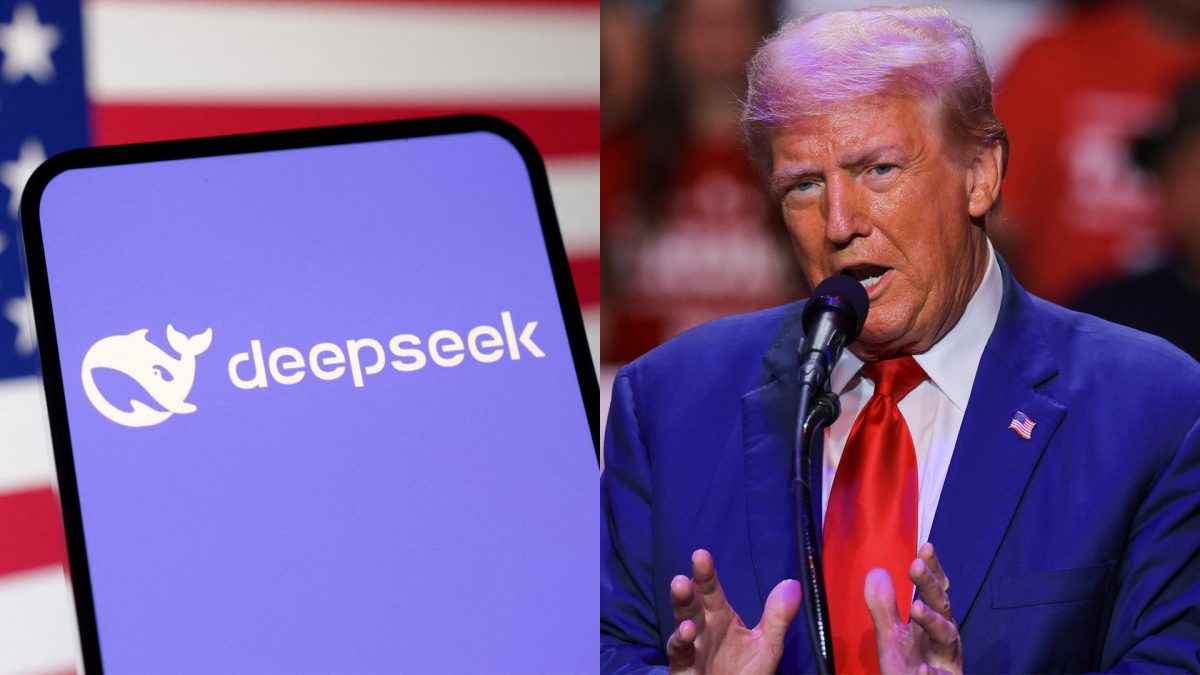The Paris AI Action Summit is setting the stage for some intense geopolitical manoeuvring this week. World leaders, tech giants, and researchers are gathering to discuss how to manage artificial intelligence (AI) as the technology advances at lightning speed. However, tensions between major players, including China and the United States, are threatening to derail collaborative efforts.
The event, hosted by French President Emmanuel Macron and co-chaired by Indian Prime Minister Narendra Modi, comes at a time when the global race to dominate AI is heating up, especially after China’s cost-effective DeepSeek chatbot made headlines.
The summit starts with US Vice President JD Vance attending his first overseas trip since taking office. Meanwhile, China has sent a high-profile envoy, showing how critical the stakes have become. As discussions begin, all eyes are on whether meaningful agreements will be reached amid these global tensions.
Global leaders, tech titans converge
Top leaders like European Commission President Ursula von der Leyen, German Chancellor Olaf Scholz, and Canadian Prime Minister Justin Trudeau are in attendance, alongside tech heavyweights such as OpenAI’s Sam Altman and Google’s Sundar Pichai. The event’s goal is clear: shape AI development to be ethical and beneficial while keeping risks under control.
Workshops and panels are being held at the Grand Palais, with a high-profile dinner for world leaders scheduled at the Élysée Palace. Elon Musk and DeepSeek founder Liang Wenfeng have been invited but may skip the event. The summit will conclude with speeches and discussions aimed at promoting global cooperation on AI governance.
Organisers are pushing for a political declaration to commit countries to more democratic and sustainable AI development. Additionally, a new partnership called “Current AI” is set to launch, focusing on public-private collaboration to improve access to AI resources. Yet scepticism remains, especially over whether the US will support these initiatives.
US’ AI strategy faces criticism
Donald Trump’s AI policies are causing friction at the summit. The US President is aiming to position America as the global leader in AI by tapping into its energy reserves and cutting regulatory hurdles. His administration recently withdrew from the Paris Climate Agreement and replaced Biden-era AI guardrails with a more business-friendly approach.
Experts say Trump’s scepticism of international governance is making it difficult to secure consensus. His AI advisor, David Sacks, has voiced concerns over ideological bias in AI systems, while Trump has emphasised that US tech should remain free from such global constraints. These stances could hinder efforts to reach a joint agreement on topics like AI safety, labour impacts, and environmental considerations.
China’s AI ambitions rise
China’s increased involvement at the summit highlights its ambitions to play a larger role in shaping global AI standards. Xi Jinping has sent Vice Premier Zhang Guoqing as his special representative, marking a significant upgrade from China’s lower-level delegation at last year’s AI summit in the UK.
China’s DeepSeek chatbot has thrown a wrench into the AI competition, with its open-source model developed at a fraction of the cost typically seen in Western projects. The app has prompted investigations and bans in several countries, including the US, over concerns about data privacy and security. Trump’s administration described DeepSeek’s emergence as a wake-up call for American tech firms, with accusations that the chatbot was trained on stolen data.
However, DeepSeek’s rapid success aligns with France’s push for AI innovation beyond the US and China. Macron hopes to create space for smaller players, including French startups like Mistral, which are also adopting open-source AI models. Summit organisers see this as a validation that AI breakthroughs don’t always require colossal investments.
US tensions’ with Europe
In addition to US-China rivalry, the summit is facing another potential clash with the European Union. The EU’s AI regulations, designed to standardise safety measures across its member states, have met fierce resistance from American tech companies. Meta’s top lobbyist recently declared that the company would not sign the EU’s voluntary “code of practice,” calling it impractical.
Trump has criticised the EU’s hefty antitrust fines against US tech giants, framing them as unfair taxation. As these disputes simmer, it remains unclear how much common ground can be found at the summit. Nevertheless, global leaders are determined to keep the conversation going, knowing that AI’s future governance is too important to leave to chance.


)

)
)
)
)
)
)
)
)



